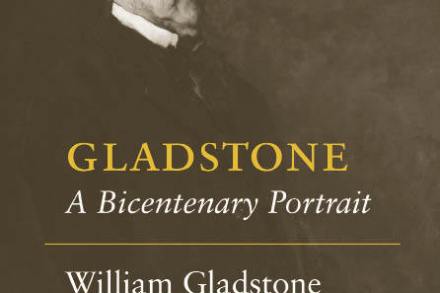Life beyond the canvas
Angela Thirlwell’s previous book was a double biography of William Rossetti (brother to the more famous Dante Gabriel) and his wife Lucy (daughter of the more famous Ford Madox Brown). Angela Thirlwell’s previous book was a double biography of William Rossetti (brother to the more famous Dante Gabriel) and his wife Lucy (daughter of the more famous Ford Madox Brown). Now she has once again turned her attention to the margins of the Pre-Raphaelite group, with a joint portrait of the four women who influenced Ford Madox Brown: his two wives, Elisabeth and Emma, and two women for whom he had spiritual affinities, and (probably platonic) romantic yearnings. Elisabeth was,






